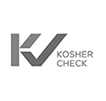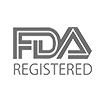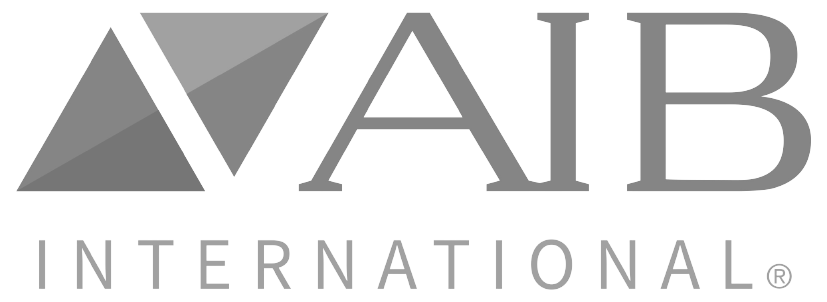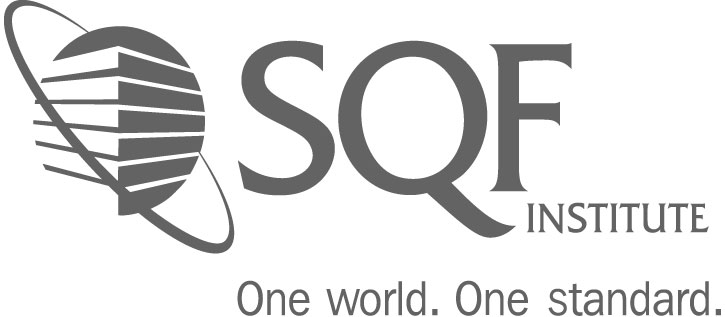
When you’re starting a new coffee business, it’s important to carefully consider how your company will fit into the larger community. Even if there aren’t many coffee options in your area, it’s still essential to make your business memorable to attract customers.
Choosing a coffee niche is a great way to solve this problem. A specific niche means you’ll offer something special to customers, something they can’t find in another shop or store. Your niche can be related to the type of coffee you offer, the equipment you use, or something else. Here’s more about how to choose your niche in the coffee industry.
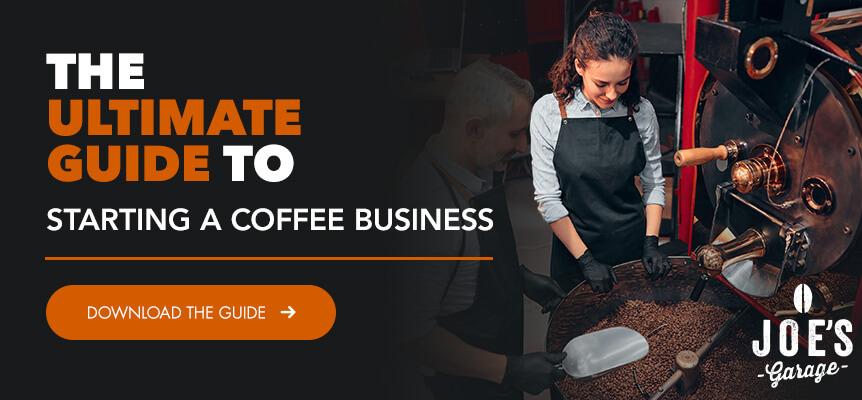
Understanding the Coffee Industry
According to a study reported by the National Coffee Association, customers spent almost $110 billion buying coffee in 2022 alone. Coffee creates over 2.2 million jobs in the United States, earning workers over $100 billion. When you create a coffee company — whether you open a shop or sell your blend in stores — you become part of this massive industry.
A lot goes into the morning cup of Joe. Coffee beans are grown, cultivated, roasted, and shipped from around the world to make delicious coffee.
Where Does Coffee Come From?
According to the World Economic Forum, Brazil was responsible for 63.4 million acres of coffee grown in 2020. Other countries producing large amounts of coffee include:
- Vietnam: 29 million acres of coffee.
- Colombia: 14.3 million acres of coffee.
- Indonesia: 12 million acres of coffee.
- Ethiopia: 7.3 million acres of coffee.
- Honduras: 6.1 million acres of coffee.
In addition to these countries, India, Uganda, Peru, and Mexico were all mentioned by name as top-producing countries. Over 70 countries produce coffee, but most of the world’s coffee comes from the top five highest-producing countries.
When you choose a specific niche market — say espresso, all-organic or Colombian coffee — you plug into the vast world economy of coffee. Learning more about your niche will equip you to make informed decisions and support your customers with the best possible service.
Identifying Your Passion and Expertise
Your niche should be something you feel passionate about and can connect with customers over in a personal way. For example, you may sell only fair-trade certified coffee or a certain roast you love. Maybe your niche empowers women or fights injustice in a specific part of the world.
To be inspiring over the long term and solidly connect with your customers, your niche should align with meaningful values. Then, your branding and marketing should be molded around the underlying mission so it stays at the core of your identity.
You can also choose a niche that aligns with an area of personal expertise. For example, maybe you make incredible biscottis and pair one with every coffee you serve. Or, perhaps you’re an expert at latte art.
Researching Potential Coffee Niches
Whatever niche you choose, it should funnel your passions into a product that brings unique value to your customers. If you’re feeling overwhelmed by how to choose the best niche, don’t worry. There are several different ways you can approach finding your niche.
One option is to start with market analysis. If you have a niche you’re interested in, do some research on your area to see what’s already out there. Researching your competition will help you plan for success and ensure your coffee stands out.
If you’re not sure where to start, market research is always a good place to begin. Learning more about the coffee industry in your area can help you find opportunities and gaps in the market that you could potentially fill.
Organize your research to get a big-picture view of your area. Then, you can start asking questions about what market isn’t being served, what options haven’t been explored, and what new ideas might work for your area.
Learn More About Launching Your Coffee Business
Popular Coffee Niche Ideas
To help you start brainstorming, here are a few popular niches in the coffee industry today. While these are good places to start, the possibilities are truly endless when it comes to choosing your coffee niche market.
1. Specialty Coffee
Not every type of coffee is created equal. When coffee has a high grade — 80 points out of a possible 100 — it’s considered a specialty coffee. Every aspect of specialty coffee’s growth and roasting process is completed with extra attention and precision.
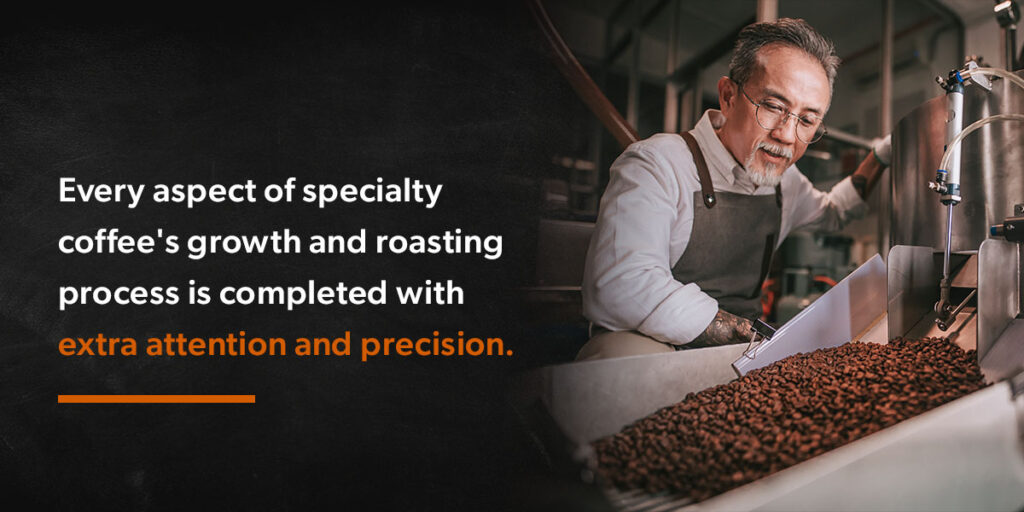
Specialty coffee connects customers with producers, reminding them of the dedication and hard work represented by every cup of coffee. Specialty coffee also has a more sophisticated aroma and taste compared to the coffee you might find at a some major chains.
2. Single-Origin Coffee
Coffee tastes different depending on where it’s grown. When you order coffee beans from a specific area of the world, the flavor is intense and unique. By contrast, many coffee brands use mixed beans, which means the coffee has a milder flavor and comes from multiple origins around the world.
Single-origin coffee has a distinct taste and stands out because it connects drinkers to the place where their coffee is grown. If your coffee brand celebrates growers or a specific place in the world, single-origin coffee is an incredible way to support the mission.
3. Coffee Subscriptions
Some coffee companies build a customer base around coffee subscriptions. For example, coffee brands can offer a subscription box service where they mail customers coffee every month for a monthly fee. This service should provide value for customers, such as adding up to less than they would spend at a coffee shop every day.
Subscription services work for customers who drink a lot of coffee. Paying ahead of time gives you a cushion as a business, but it also allows customers to feel like they’ve scored a deal every time they pour a cup.
4. Cold Brew and Nitro Coffee
Most coffee is brewed in hot water, but some coffee drinkers prefer cold brew. Cold brew coffee is steeped in cold water over a longer period of time and has a higher caffeine content. By offering cold brew, you can expand your customer base.
Nitro coffee is the same as cold brew, except it’s infused with nitrogen before being served. This process changes the texture of the coffee, making it smoother and more similar to the texture of beer than typical cold brew coffee.
5. Coffee Accessories and Equipment
Some coffee companies also offer coffee accessories or special equipment for making coffee. For example, you could sell coffee camping equipment, French presses, espresso machines, and much more.
Accessories are an excellent way to diversify your brand after choosing an initial niche. However, you could also make coffee accessories the number one way you stand out. If you have a fun business name, for example, you could sell coffee-related gear like T-shirts and mugs.
There isn’t one right way to go about choosing a coffee niche. However, delineating your niche will make a major difference in the success of your business. Use these suggestions to start brainstorming so you can find an interesting and unique niche for your business.
Contact Joe’s Garage Coffee to Get Started Today

As a private label coffee supplier, we help you get access to high-quality coffee that has a fast turnaround time and scales with your growth. Contact us today to learn how we can help you create a memorable business.
Learn More About Launching Your Coffee Business




